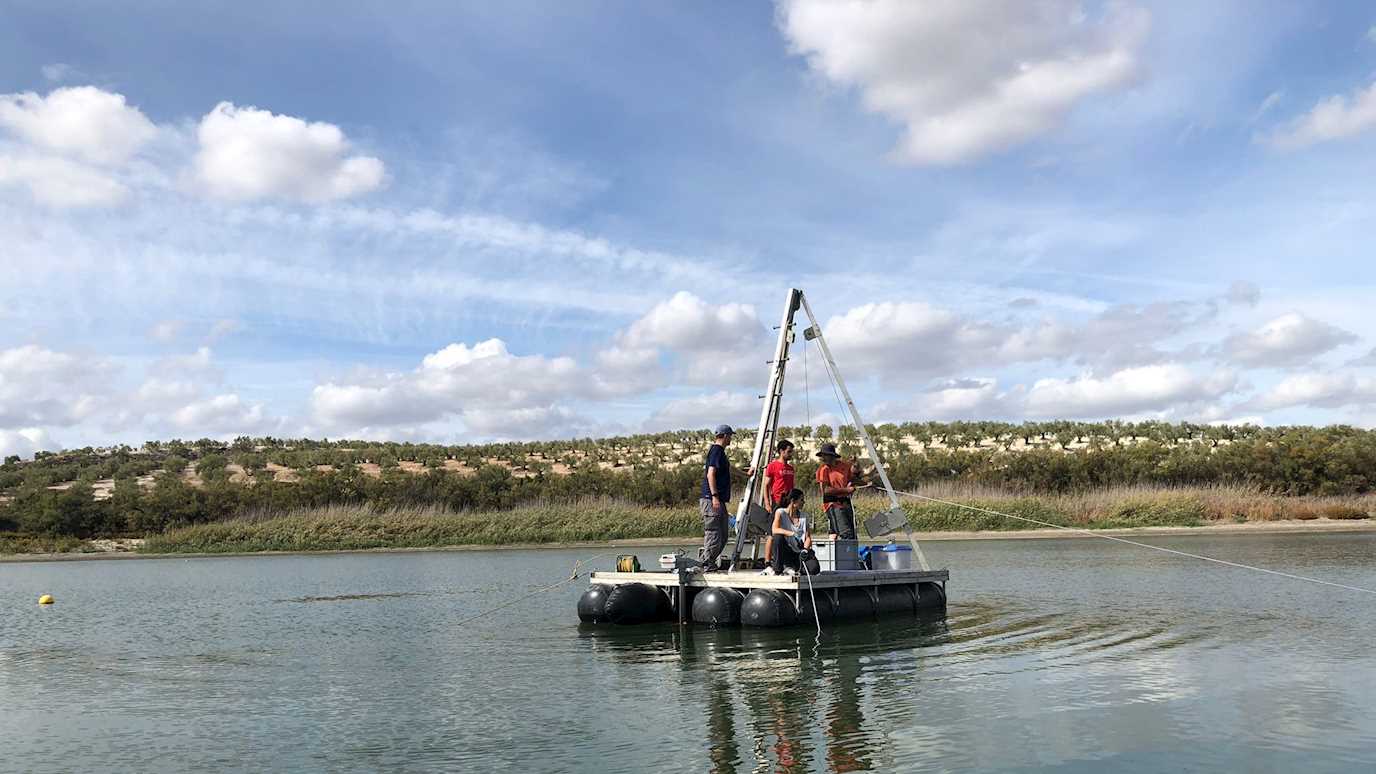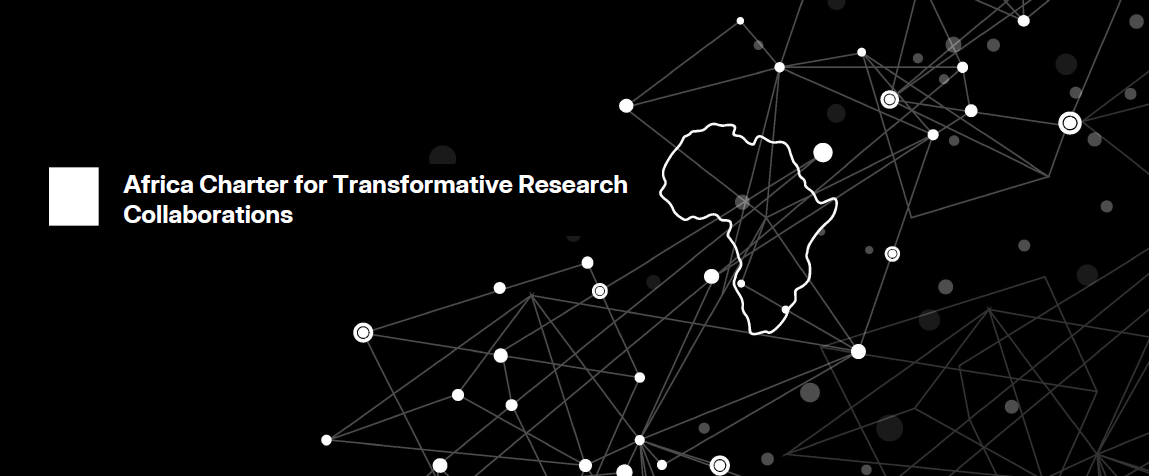Palaeoclimatologist, Dr Celia Martin-Puertas, is leading a multi-disciplinary research project to improve climate change forecasts.

Members of the Decadal team on a lake coring platform in southern Spain.
The DECADAL project, examines past and present climate behaviour to shape better climate policies and places current changes into a broader context of past variability.
The global team involves researchers from the UK, Finland, France, Germany and Spain.
Co-designed with their partners, including the Met Office, Department for Environment, Food and Rural Affairs, UK Department for Energy Security and Net Zero (DESNZ) and World Meteorological Organization, the team will develop a set of tools to aid policymakers.
UKRI Future Leaders Fellow Dr Martin-Puertas said: “Predicting how climate will vary in the coming years to decades is of great interest for decision makers concerned with food production and energy security.
“Our research looks at how predictable the climate system was a few millennia ago when a large part of the northern hemisphere ice sheet diminished, which may be interpreted as a past analogue for Greenland ice melting with current global warming.”
The researchers used climate information recorded in the annual deposits of several lakes across Europe and compared their observations with climate model simulations during the last ten millennia.
Royal Holloway PhD student, Laura Boyall said: “Our research shows that the recurrence of decadal oscillatory signals was dampened when a great amount of fresh water was released into the North Atlantic Ocean from continental ice melting, about eight thousand years ago. When the melting ceased a millennium later, the decadal signals appeared again, suggesting the climate system started behaving in a more predictable way. Highlighting the links between the continental ice sheet and decadal climate variability.”
According to Dr Martin-Puertas, the impact of sea ice on decadal climate variability has been studied in past climate periods and is well represented in prediction models. However, the potential role of continental ice may be underestimated.
“This is likely due to the complexity of the Greenland ice melting processes, the lack of adequate long-term observations, and the technical difficulties in simulating their effect,” she added.
The team, including Royal Holloway early career researchers Dr Paul Lincoln, Dr Alice Carter-Champion, Laura Boyall and Katy Flowers, are also investigating new challenges. These include changing seasons, the impact of volcanic eruptions on European climate and the early warning of climate tipping points.
Dr Martin-Puertas hopes to eventually feed the gathered data into the Met Office and World Metrological Organization’s prediction models to further refine future climate predictions.
Reiterating her motivation for the work, she said: “This project is about using the past to inform the future and tightening that link between palaeoclimatology and climatology.
“It’s not just about extending our knowledge of the history of the planet. We wanted to produce useful research that can be directly used by policymakers for societal impact and help us deal with the climate crisis.”
Dr Martin-Puertas is now serving as an International Climate Adviser at DESNZ alongside her role as Physical Geography Lecturer at Royal Holloway.
The seven-year DECADAL project runs until 2029.
Discover more world-leading research from Royal Holloway’s Geography Department.
























